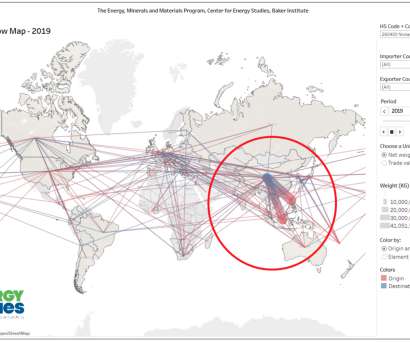Study finds CO2 emissions trading more effective path to automotive CO2 reduction in Europe than tailpipe standards
Green Car Congress
NOVEMBER 11, 2016
The European Union (EU) recently adopted CO 2 emissions mandates for new passenger cars, requiring steady reductions to 95 gCO 2 /km in 2021. The model also includes representation of fleet turnover, and opportunities for fuel use and emissions abatement, including representation of electric vehicles. —Paltsev et al.


















Let's personalize your content